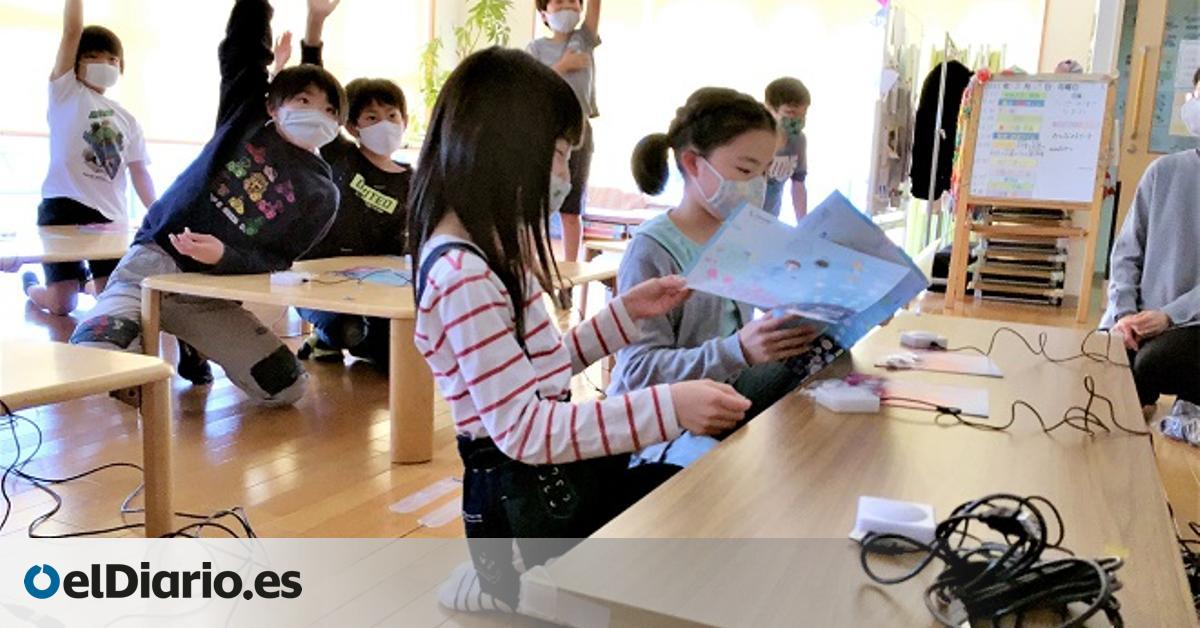En esta columna, Douglas Coupland (autor de novelones como Microsiervos o J-Pod, entre otros) reflexiona el “Fin del Mundo” como concepto, sobre si realmente va a suceder y si va a suceder como lo esperamos: “In our culture, the end of the world seems to happen in very predictable ways and there’s a kind of reassurance and comfort that comes from this. Capitalism runs amuck; AI runs amuck; viruses run amuck; environmental catastrophe runs amuck. Amuck. Amuck, amuck, amuck. If you say the word a few times in a row, it starts losing its meaning and becomes just a sound effect”
Y también, sobre si más bien nos estamos refiriendo al final de nuestro mundo, más que al final del planeta en sí (que continuará existiendo sin nosotros tranquilamente, llegado el momento): “When the end of our world does happen, it will be quick, and completely out of left field. The end of the world will be the “unknown unknown” as opposed to the “known unknown” which is basically our list of the usual apocalyptic suspects: viruses, radiation, famine, climate, AI and comets. (…) I may not believe in the end of the world, but I do believe in messages, and the end of the world is somehow mapping onto real life in a way that feels like cheese melted onto a hamburger.”
Mientras tanto, parece que el Metaverso (que viene siendo, básicamente, la realidad virtual global que pensábamos que sería Internet durante los 80 y 90) comienza a ser una realidad, al menos en el plano financiero y de hype (o sea, poco). Es interesante pensar, como dice el artículo, que respecto a este Metaverso nos encontramos en un punto similar al pre-Internet de los 70: un montón de redes y sistemas distintos sin conexión entre sí, a la espera de un estandar global que los conecte a todos (como hizo en su día TCP/IP). Veremos.
Que en un país con un historial de sexismo institucionalizado como el de Japón hayan universidades que estén apostando fuerte por disminuir la brecha de género, es una excelente noticia.
Y como seguramente sepas ya, los juegos olímpicos de Tokyo van a celebrarse sin público. Bueno, sin público humano, al menos.
Los cigarrilos como moneda de cambio entre presidiarios está obsoleta: la nueva moneda son los paquetes de Ramen deshidratado. Ocupan poco, duran mucho, y obviamente, se puden comer. Pero entre las razones de este cambio drástico de tendencia (los cigarrillos como divisa en prisiones de USA data desde antes de la guerra de secesión) también están los recortes de gastos estatales, y la rápida bajada de calidad en la comida y servicios en los presidios: “What we are seeing is a collective response — across inmate populations and security levels, across prison cliques and racial groups, and even across states — to changes and cutbacks in prison food services…The form of money is not something that changes often or easily, even in the prison underground economy; it takes a major issue or shock to initiate such a change. The use of cigarettes as money in U.S. prisons happened in American Civil War military prisons and likely far earlier. The fact that this practice has suddenly changed has potentially serious implications.”
El uso de “hongos mágicos” ya venían investigándose para tratar algunos casos de depresión, pero recientes estudios apuntan a que podrían ayudar a hacer crecer las conexiones neuronales (al menos durante un tiempo, y al menos en ratones) perdidas por trastornos de depresión u OCD: “The authors put forward two explanations as to why the neural modifications observed following psilocybin administration might relate to its therapeutic effects. First, they suggested, depression is associated with a loss of synapses in the frontal cortex, and so restoring the number of neuronal connections may correct the deficit, “ … providing a biological mechanism for alleviating symptoms of depression.” Second, the authors noted, structural remodeling is integral to learning and facilitates the storage of lifelong memories. “Psilocybin-induced neural plasticity could prime the brain for integrating new psychological experiences.”
El otro día descubrí de rebote este pequeño video live-action que promocionaba el juego de rol Shadowrun en 1990, y es de lo más “buemalo” (tan malo que es bueno) que he visto en muchísimo tiempo.
Y el último single de The Strike es simplemente bueno-bueno: escucharlo y sonreir es todo uno.




